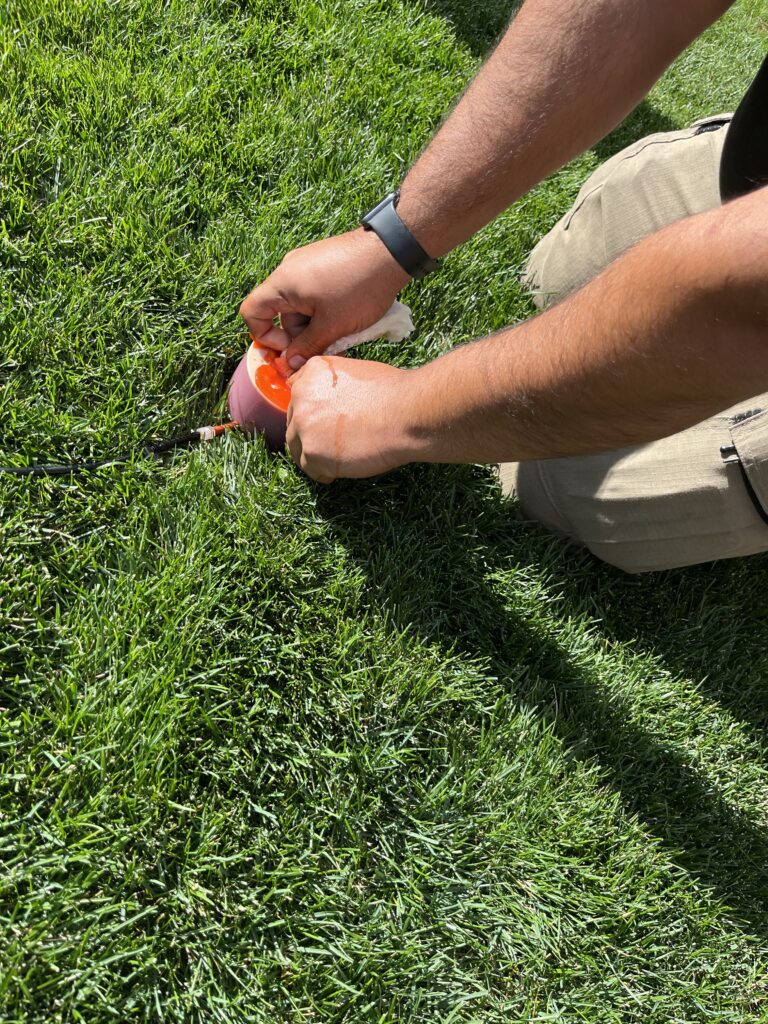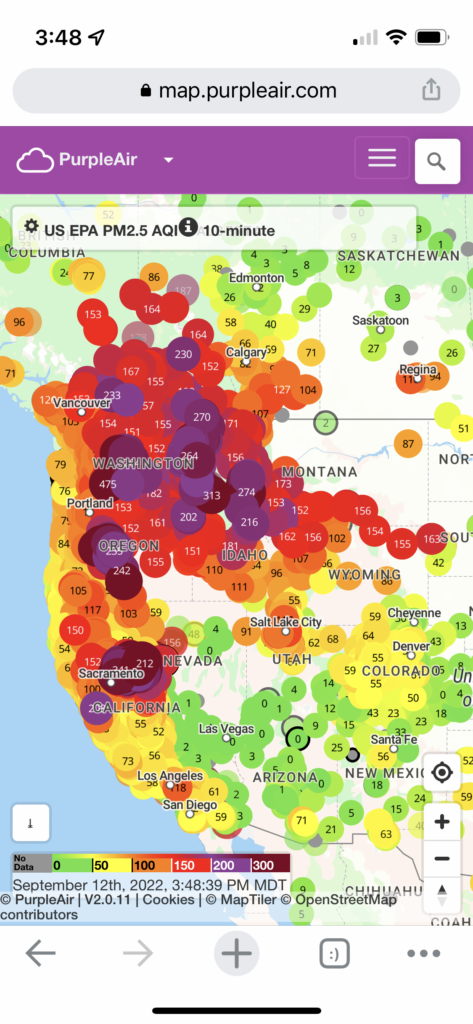One of the downsides of having any kind of medical bullshit is having to keep an eye on yourself. If you over do shit you’ve got no one to blame but yourself.
I’ve been doing a wilderness medical incident first responder course this week. I initially went into it slightly concerned with my ability to physically keep up given my ankylosis. I was easily the odd duck out in a group of former military folks, paramedics and wild land firefighters. If I’m honest I didn’t want to embarrass myself by showing too much frailty. I was already the only woman in the class. I didn’t need to be the cripple on top of that.
But over four days I’ve managed just fine. I did wound packing and splints. I did a number of incident scenario responses ranging from anaphylactic shock to heart attacks. I even did multiple mass casualty response drills. Today I managed one as a triage incident deputy and comported myself quite well.
I was feeling pretty cocky about how well I’d managed through the week. I was enjoying that sense of accomplishment right up until 5pm or so today when we had our last assignment of the day. We’d just finished up a drill with five patients who had been caught in a tornado. It was an hour of field work and triage outside. I was thinking alright maybe I’m getting the hang of thing. But no I was about to embarrass myself on one of the easiest tasks in the course.
It was time to pack up our own medical kits. We got a big baggie with all the supplies we could possibly need for our our first aid kits and dumped it out on the desk. Our instructor began going over all the items and how to pack them up into the bright orange brick that serves as your kit bag. I was doing my best to follow along but my brain was just not having it. I kept trying to figure out what items went where and how it was meant to go. And I was not remotely keeping up with the class or the instructions.
I’m starting to feel overheated and I’m struggling to concentrate. And it’s then I realize “oh shit I’m in a bunch of pain” and I realize I haven’t taken my pain medication for hours and it is starting to show. I just ran around in a big field doing triage for an hour. So I think to myself well I’m having a sympathetic nervous system spazz out. The pain and fatigue is sending me into fight or flight and I’m losing decent coordination and fine motor skills. I am becoming one of my own patients.
I didn’t finish packing out my kit. I had to excuse myself. I briefly considered if it would be funny to have a medical incident in a first responder course. But I was fully capable of treating my own acute stress response. I was getting worked up by an inflammatory response from my ankylosis and low and behold the pain in my spine was going to spike.
The end of the story is that I’m in bed and the non-steroidal anti-inflammatory drugs have kicked in. My pulse and respiration are fine. I’m no longer in fight or flight. And yes I’m a little embarrassed that packing a bag is what did me in. But on the other hand, that’s a very “Julie” way to learn a lesson.

